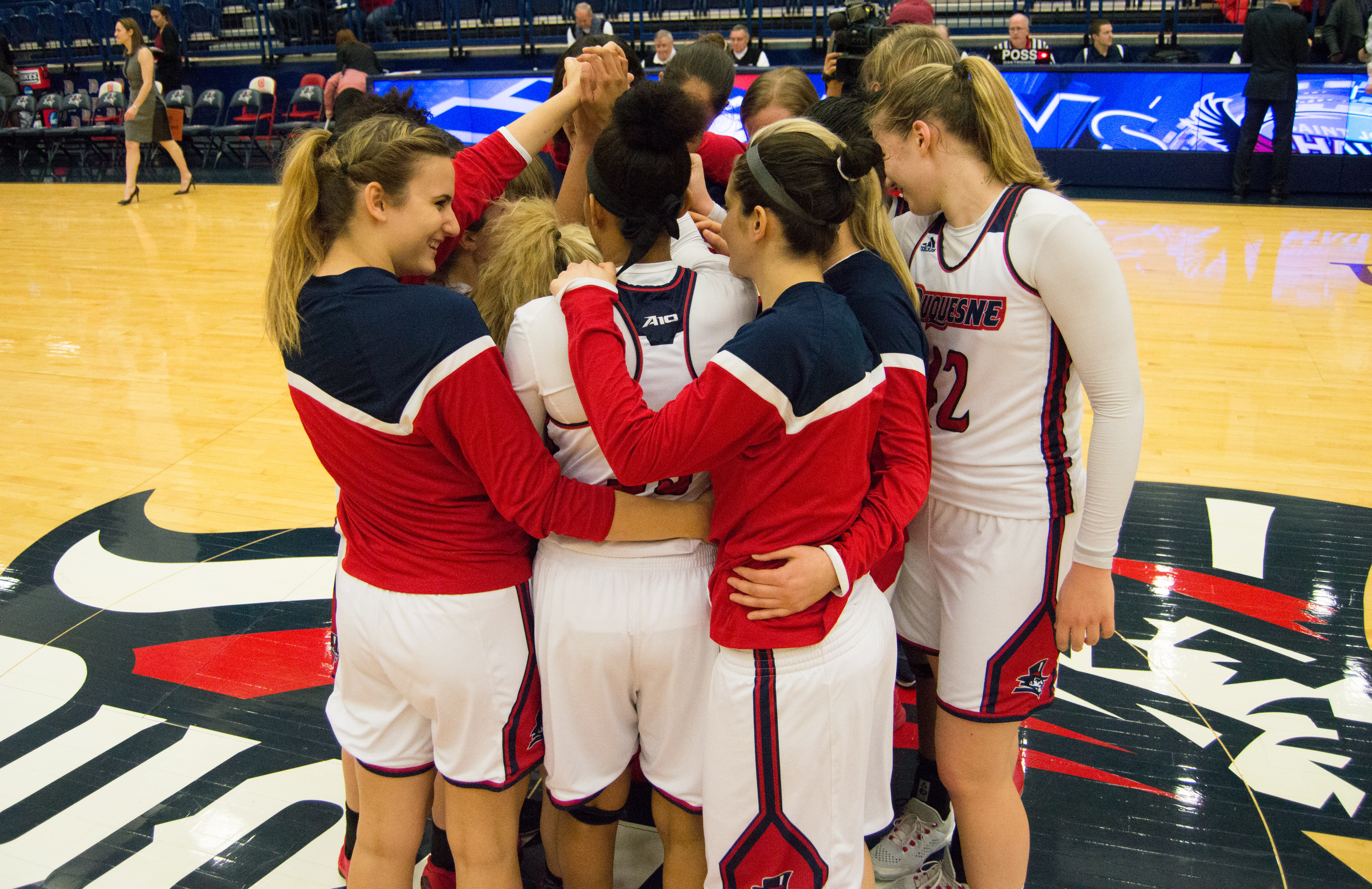
By Zach Landau and Bryanna McDermont | A&E Editor and Asst. Photo Editor
12/7/17
Zach is arguing against unpaid internships and Bryanna is arguing for.
Listen, it can be rough out there for new or soon-to-be graduates. Entering the job market can be a scary proposition, and in an economy that is quickly becoming autonomous and fractured, even landing a job does not instill the same sense of security as it once did.
That being said, don’t capitulate to the idea that intern experience is going to either help you land a job or keep it.
I am most definitely not saying that internships are not valuable; far from it. Rather, if all that you are getting out of an internship is experience, I’m begging you: Don’t do it. You’re only setting yourself up for disappointment, and you are making other people’s jobs more precarious and less-valued in the eyes of corporate overlords.
Internships are not gifts given from the kindness of a company, NGO, non-profit, whatever. They are jobs. Someone who is concerned about their bottom line is not hiring college students because they can afford them; they expect results from you. Your work is valuable, and if it wasn’t, that intern position wouldn’t be open. As such, you should demand proper compensation for your labor. And if you hear some capitalist whining, “But they’re just interns,” then they obviously don’t care about your dignity or the work that you’re doing. Feel free to not do it, because they are admitting it is worthless to them.
Also, if you’re being paid, you are statistically more likely to be given a job offer than otherwise. According to the National Association of Colleges and Employers (NACE), 60 percent of paid interns were given a job offer as compared to the 37 percent of non-paid interns who received offers. Oh, and for those who never got an internship, you have a 36 percent chance to get a job offer. This is to say a student literally only has a one percent better chance of landing a job with an unpaid internship than without one all together.
This is to say nothing about undervaluing your own work. If you accept an unpaid internship, what you are communicating to that company and its industry that work requires zero cost. Need some grants? Just put some college student on it, and they can get thousands of dollars at near-zilch cost to you.
Which leads me to my most important point: You may think getting that internship may cost you in the short run, but long-term, you’ll be able to net a better job. That’s just simply not true, not only because of the statistics we went over, but because you threaten the viability of a paid position by accepting non-paying work. The message you put out to the world is when you complete an unpaid internship is, “My asking price is a place to sit and whatever it costs to keep the lights on,” which is profoundly untrue and damaging not only to yourself, but the health of the industry you want to work in.
Now, it would be totally unfair to say that all unpaid internships are bad. There are places out there that do great work but don’t have the capital to pay for that work. And if you feel strongly enough that an unpaid internship is worthwhile, then by all means, go for it. But make sure you’re doing substantial work, not fetching coffee, and if you get the suspicion that whomever you work for could pay their interns, don’t take the offer. They are exploiting your work and your labor, reaping all the benefits while leaving you with one extra note to put on a resume that may not even help you.
——————
Unpaid can be a dirty word for college students struggling financially under the weight of student loans, rent and cupboards full of ramen. However, there are several benefits for putting experience above a paycheck.
I’d like to preface my argument with my obvious bias. In my three-and-a-half years at Duquesne, I have had two unpaid internships — a communications/public relations position with the Johnstown Tomahawks and a staff writer position with the Pittsburgh Penguins.
An internship offers students the opportunity to test-drive their careers, whether they are getting paid or not. Through my internships, I rediscovered why I chose my major in the first place, as I learned valuable lessons about my industry, like how to dress, what the hours are truly like, what workload to expect and time management.
I balanced my internships with four classes and two other jobs. It was insanely difficult, but now I feel like I can accomplish anything life throws at me.
And while unpaid interns don’t receive a paycheck upfront, their hard work does pay off in the future. For example, unpaid internships can often be taken for college credits, which lessens the number of classes needed to complete the student’s diploma. My internships are allowing me to graduate a full semester early, saving me approximately $25,000 in tuition costs — significantly more than if I were to have made minimum wage during my three four-month tenures at my internships.
The statistics aren’t in favor of unpaid internships; as Zach mentions, those who choose to take unpaid internships are only one percent more likely to get job offers — but, as with anything in life, the experience is what you make of it.
If you show up to your unpaid internship, do what is required of you and leave at the end of your tenure, you may not be memorable enough for your employers to consider you for a paid position. However, if you go the extra mile by asking what else can be done, and even assisting other departments, your employers will take notice of that effort. If you make a good enough impression as an unpaid intern, there’s a chance you will be the first person your employer thinks of when a paid position opens in the future.
Also, networking is major. Unpaid internships offer the opportunity to network with others from your desired industry. Making connections with professionals — both inside the company and out — during your internship can help give you references and resources for after you graduate.
Let’s face it, experience is currency to college students. If you expect to find a job in your desired field after graduation, you need to get experience before you put on that cap and gown. Whether or not you get paid for that experience won’t matter once your resume is in the hands of a possible future employer — in fact, whether the position was paid or not won’t even be on your resume. Taking an unpaid internship isn’t devaluing your work, it’s being aware that in today’s job market, experience is crucial.
According to a 2013 study by Penn State University, 20-50 percent of college students are undecided majors, and nearly 75 percent of students change their majors at least once throughout their academic careers. Unpaid internships allow you to navigate that field without full commitment to an organization or company, so that students can figure out what they want to do for the rest of their lives or if they want to shift paths.
Lastly, speaking from my own personal knowledge, an unpaid internship gives you a new mindset. It makes you more confident and more driven to find a paid position in that field. You can watch as many videos, read as many books and listen to as many speakers as you can, but nothing beats actually doing the job. And doing the job can give you ease of mind, a new-found passion, some great memories and another addition to your resume.
Paid internships can be few-and-far between, especially in industries like communications, so don’t let a paycheck get in the way of your passion.




